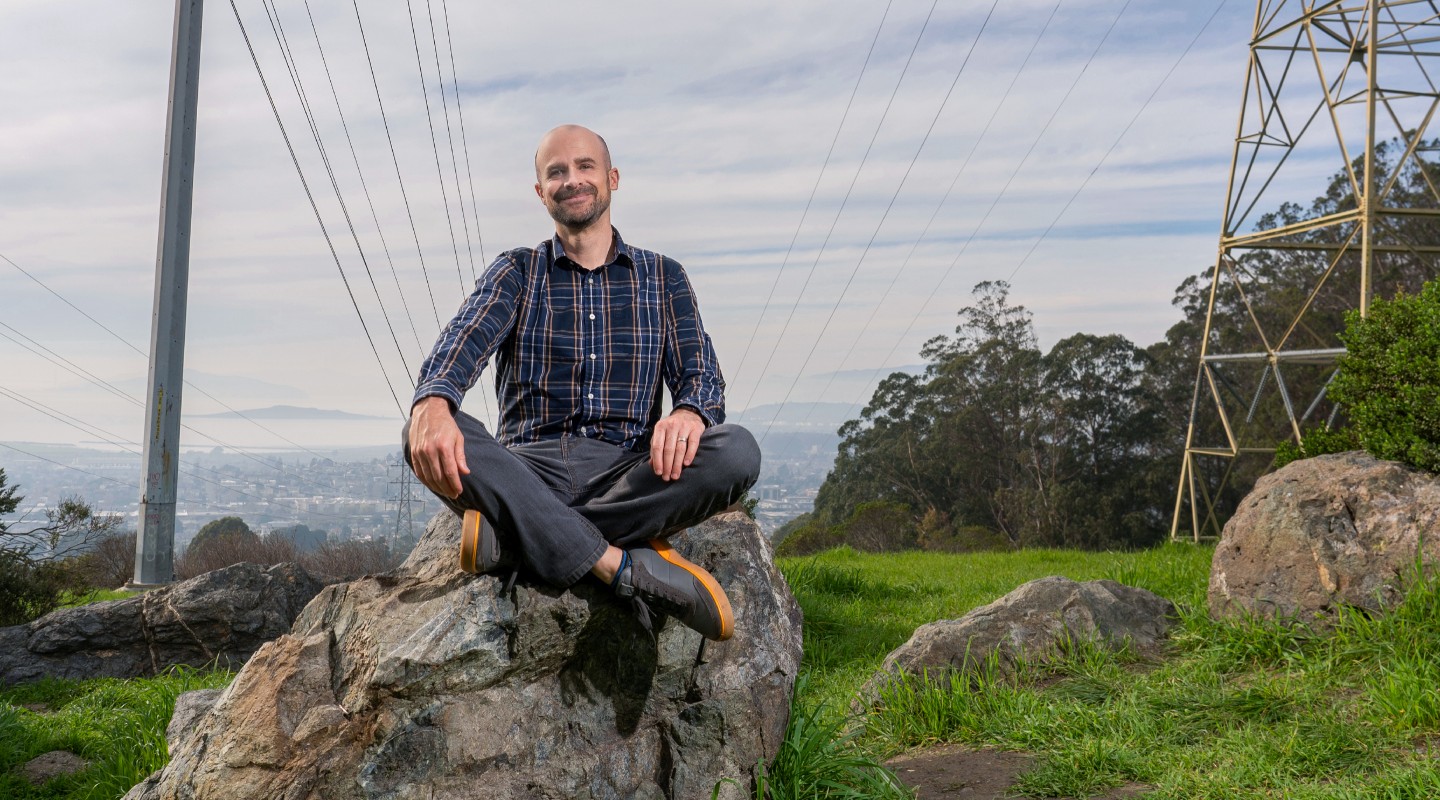Funded by a grant from the Religion and Theology Program, psychoanalyst and religion scholar Dr. Steven Barrie-Anthony established Public Theologies of Technology and Presence (PTTP), a multi-year project dedicated to exploring the ways in which technologies reshape human relationships and alter how people are or are not “present” with each other.
Since 2018, the multidisciplinary initiative has supported the work of more than a dozen scholars of religion, theologians, and journalists and created a community through which participants were able to test out and gather feedback on nascent ideas, share knowledge and expertise, and collaborate on books, scholarly papers, and popular articles.
From the project website:
The grantees’ research and publication projects [drew] on the study of many different religions—Buddhism, Catholicism, Judaism, Hinduism, and Africana religions, among others—to address cutting-edge technologies such as cryptocurrency, artificial intelligence, human augmentation, surveillance technologies, video games, and social media. The projects offer insights into technologies’ impacts on human relationships, including on friendships, introspective abilities, sexual relationships, moral attentions, and capacities for relational authenticity.
Their writings have have shed light on a wide range of topics including how video games help people understand evil in the world, the advantages and drawbacks of digital friendships, how the pandemic has made Buddhist practices more accessible to those with physical disabilities, and the emergence of digital covens that are bringing African American women together.
Ongoing work includes a project at Boston University led by Dr. Margarita Guillory on the interconnections between Black religion and emerging digital technologies and a podcast and new volume of work by multiple PTTP grantees on technology and human presence.
Occidental College—Dr. Barrie-Anthony’s alma mater—published an illuminating profile about his vision and the impact of this initiative, which has helped to bring rich insights about our ever-changing relationship with technology to broader audiences.







